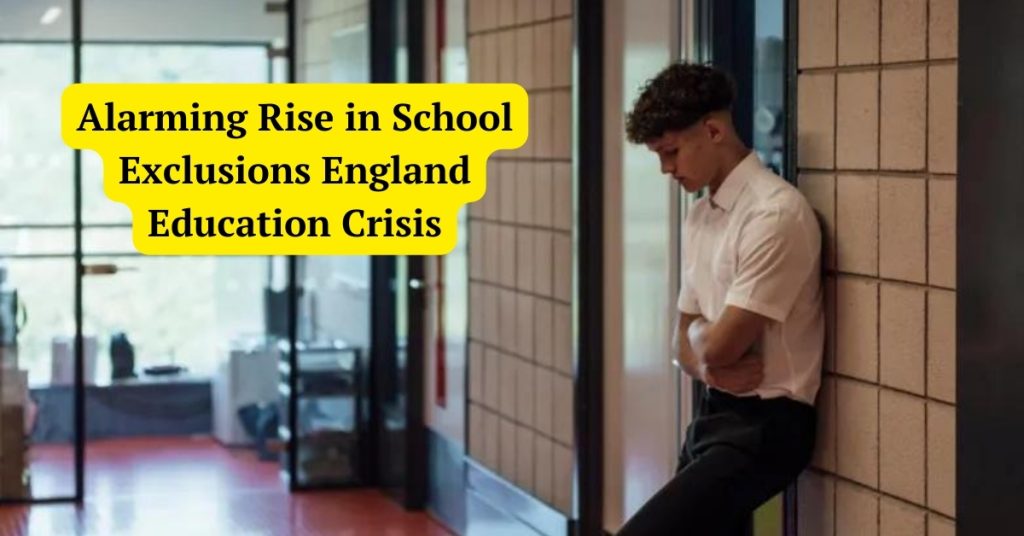
According to data from the Department for Education, England has experienced unprecedented numbers of school suspensions and exclusions in a single academic year.
In the 2022/23 school year, there were 790,000 suspensions—nearly one for every ten students—a 36% increase from the previous record of 578,000 in 2021/22. Exclusions also saw a sharp rise, with 9,000 cases, up 44% from 2021/22 and surpassing the previous record of 7,900 in 2017/18.
Persistent disruptive behavior was the leading cause, responsible for 48% of suspensions and 39% of exclusions.
Wake-up Call
The summer term of 2022/23 alone accounted for 275,000 suspensions and 3,200 exclusions—record highs for a single term. Suspended students are temporarily removed from school, while excluded students are permanently banned from their school.
Education Minister Stephen Morgan described the figures as "shocking" and a "wake-up call" to the growing problems in schools. He emphasized that the education system is failing to meet the needs of children with additional needs.
The new government is committed to addressing this issue through initiatives such as mental health specialists in schools, free breakfast clubs, and earlier interventions for pupils with special educational needs.
In Boston, Lincolnshire, school staff went on strike earlier this year over claims of bad behavior. Aušra Marcinkevičiūtė, who withdrew her daughter from the school at the end of the 2023 summer term, noted that the problems are worsening nationwide as "students do whatever they want."
Of course, it's worrying, schools should be a safe place for our children," she said.
Pepe Di'Iasio, general secretary of the Association of School and College Leaders, stated that the new data reflects the "increasingly complex needs and challenging behavior" in schools and society. He emphasized the importance of early intervention but noted that schools lack the resources for specialist support, and local services are overwhelmed by increased demand.
Beth Prescott, education lead at the Centre for Social Justice, highlighted a "tidal wave of challenges" facing children, families, and schools. She warned that this is causing more children to struggle with their education, potentially leading to catastrophic consequences for their lives and society.
Stark Reminder
Vanessa Longley, chief executive of children's charity Chance UK, pointed out that their recent report found 90% of those excluded at primary school failed to pass GCSE English and maths.
"When you have children as young as five and six being excluded, then something is very seriously wrong," she said. "We need to support teachers, schools, children, and families to ensure children get the help they need."
Paul Whiteman, general secretary of the National Association of Head Teachers, expressed deep concern about the numbers. He attributed the rise to "wider social issues" like child poverty, mental health, and special education needs, which have been "increasingly unchecked over the last decade." He said these figures are "another stark reminder to the new government of the scale of the task ahead of them.
Comments (0)